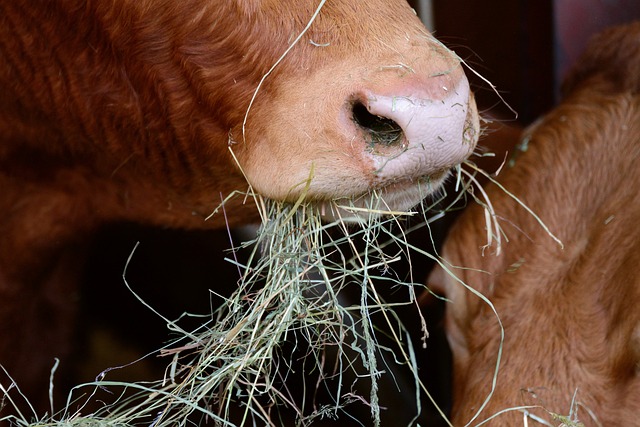It has been a frigid week here in Texas. We hope everyone has stayed safe and warm. Here are some of the agricultural law stories from around the country.

Image by congerdesign from Pixabay
* Final Corporate Transparency Act injunction lifted; reporting requirement back in place with March 21 deadline. The rollercoaster ride continues. On Monday, a federal judge in Texas lifted the final nationwide injunction pausing the Corporate Transparency Act reporting requirements for entities around the country. This means that entities are required to report their beneficial ownership information to FinCEN. On Wednesday, FinCEN announced the March 21, 2025, deadline for the vast number of entities to report. [Click here for more info.] On Monday, we will have a full blog post with more details.
* Texas Supreme Court will hear produced water ownership case. On January 31, the Texas Supreme Court granted the petition for review in Cactus Water Services v. COG Operating, a case addressing whether it is the surface owner or mineral owner that owns produced water in Texas. We have written extensively about this case here. Oral arguments in the case have been set on March 18, 2025.
* Johnson County declares emergency after PFAS testing conducted on ag land. Johnson County has declared an emergency due to PFAS contamination on agricultural land. This issue first came to light when local producers filed suit against a biosolid fertilizer company and the EPA alleging PFAS contamination damaged their land and livestock. Now, the County declared an emergency after conducting its own tests that confirmed PFAS in soil, groundwater, surface water, and animal tissue in the county. At a town hall meeting, an environmental crime investigator called the test results “absolutely shocking.” The declaration allows Johnson County to seek federal funding. [Read article here.]
* Amendments to Horse Protection Act postponed. Significant amendments to the Horse Protection Act regulations that would impact numerous equine events including horse shows and horse sales were set to go into effect on February 1. The last week of January, USDA APHIS announced that it will pause these amendments for 60 days. The new effective date is set for April 2, 2025. The new rules will impact the inspection and reporting requirements for many equine events as it relates to soring of horses. A number of equine organizations expressed concerns about the amended regulations and are pleased with the postponement of the rule. [Read article here.]
*Texas Supreme Court will not hear fence law case. The Texas Supreme Court has denied the petition for review in Arraby Properties, LLC v. Brown, a case involving several issues of fence law and landowner liability. In light of this, the First Court of Appeals opinion stands. You can read our summary of that opinion and why it matters here.
*Impact of Executive orders on agriculture. The Texas Association of Dairymen published an interesting article in their newsletter highlighting the impact of some of President Trump’s executive orders on agriculture. This article was written by TAMU law student, Brooke Collinshaw, and friend of the blog, Jim Bradbury. [Read article here.]
Upcoming Presentations
I am sorry to have missed a couple of programs this week in Ft. Worth and Tyler. I was under the weather, but I am feeling better now!
On Monday, I’ll be in Claude to talk hot topics at the Spring Mini Ag Conference. To see all of my upcoming presentations, click here.












